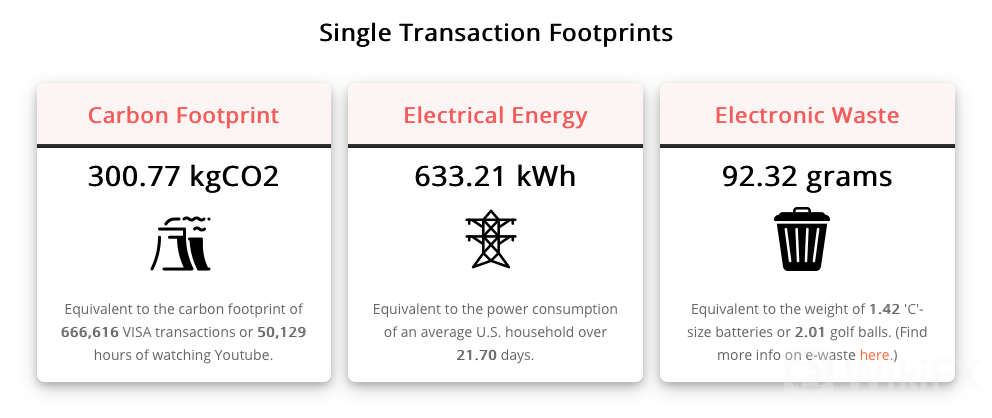On 8 January, the value of Bitcoin, the worlds leading cryptocurrency peaked at over $41,000 for the first time. It has since lost $10,000 in a characteristic swing of volatility. Over 2020, the price of bitcoin soared over 300%, with the price of many other cryptocurrencies also rising sharply. Ethereum, the second largest cryptocurrency grew by over 400% in 2020. The market capitalisation of Bitcoin amounts to over $700 billion.

The rise has sparked interest from speculators and investors in search of quick profits in times of economic uncertainty. In October, PayPal enabled its customers to hold Bitcoin as well as other virtual currencies in their digital wallets as well as use it to pay merchants who accept Paypal transactions. However, Bank of England Governor Andrew Bailey cautioned over Bitcoins use as a payment method. “I have to be honest, it is hard to see that Bitcoin has what we tend to call intrinsic value,” he said. “It may have extrinsic value in the sense that people want it.”
Regardless of how it is used, Bitcoin is consuming more and more energy. Without a centralised authority, the BLOCKCHAIN technology – the underlying technology on which Bitcoin is based – rests on a “consensus mechanism” to ensure trust across the network. In the case of bitcoin, consensus is achieved by a method called “Proof-of-Work” (PoW), where computers (or miners) on the network compete with each other to solve a complex mathematical puzzle. Once the puzzle is solved, the latest “BLOCK” of transactions is approved and added to the “chain” of transactions. The first miner to solve the puzzle is rewarded with new bitcoins and network transaction fees. The energy use of the bitcoin network is therefore both a security feature and a side effect of relying on the ever-increasing computing power of competing miners to validate transactions through PoW.

The Digiconomist website provides a Bitcoin Energy Consumption Index with real-time data on the estimated energy consumption and environmental impact. It estimates that the footprint of a single Bitcoin transaction generates over 300 kgCO2 (equivalent kilos of carbon dioxide) and requires 633 kWh of electricity or the equivalent to the power consumption of an American household for 21 days.
Catch up with the last market trend on WikiFX.

Leave a Reply